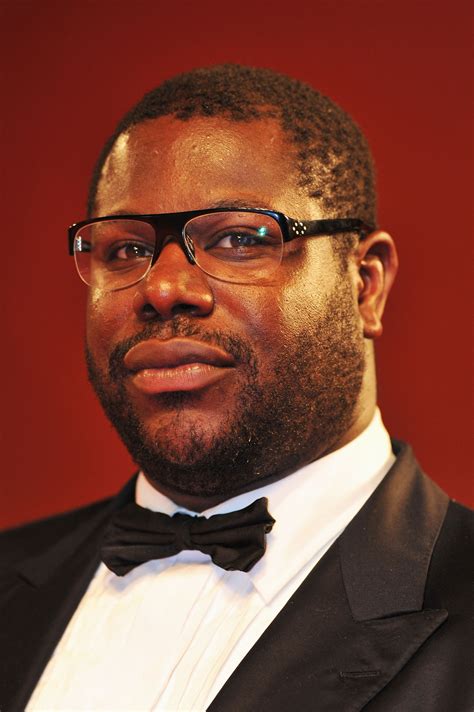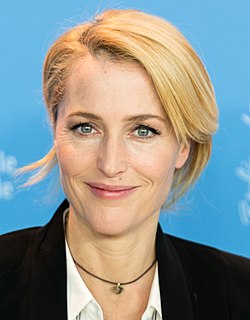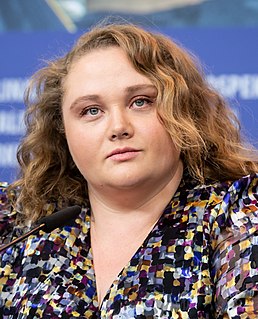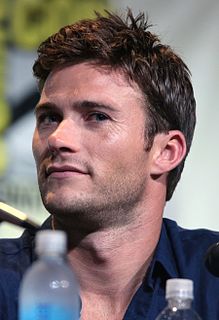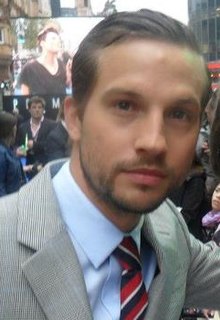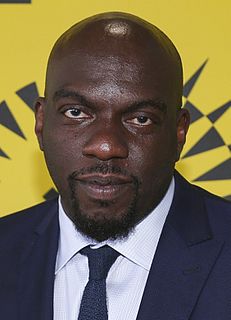A Quote by Steven Rodney McQueen
Audiences make their minds up about people they see on screen, just like they do in real life. That's what fascinates me in film. You see a character and have to think: is this person different to what I assumed he was when I first saw him?
Related Quotes
I would like to say something deeper, but for me, I saw a production of "Fences" in Rhode Island and a fabulous actress played Rose, but when she first came on the stage she was mad. You could just see it. She was all, "Troy stop!" So by the time you get to the revelation scene, I didn't think she loved him, so there was no loss. I think that the real tragedy and the real drama or the thing that makes you lean in is to see the love, to see the commitment. To see the fact that Rose is invested in this marriage no matter what.
My idea of a good picture is one that's in focus and of a famous person. People are only glamorous if you don't see them. Like the movies used to make people years ago. There is something about people on screen that makes them so special; when you see them in person, they are so different and the whole illusion is gone.
If I didn't end up talking about the things that I care about, I wouldn't be myself. I didn't like the idea that I would be a different person on the internet than I would be in real life. And I see people struggling. I see people who face prejudice and people who feel invisible. And I recognize that I already have a built-in platform that I can utilize so easily to actually do something.
For me, as a film goer, I like nothing more than to sit in the cinema, have the lights go down and not know what I'm about to see or unfold on-screen. Every time we go to make a film, we do everything we can to try to systematise things so we're able to make the film in private, so that when it's finished it's up to the audience to make of it what they will.
People in big studios are like, 'People want to see other people who are skinny and happy and amazing.' But I think, nowadays, they are realising that what sells is real people from all different backgrounds, ethnicities, cultures and size. People want to see themselves represented on screen, and it's a real cool thing for everyone.
What people don't understand about making a film is sometimes your experience on the film shapes who you are. You're gone to another country for five months, maybe more, there's training leading up to it... It's a whole life experience that people don't see because they just see the final product wrapped up in a couple hours. You don't see everything that happens around it. I think it's hard to say one movie or one thing; I think they all shape who you are.
When we kind of get caught up in the minutiae, the details that make us all different, I think there's two ways of seeing that. There's an opportunity to see the texture of that person, the characteristics that make them unique. And then there's an opportunity to go to war about it and to say that that person is different from me and I don't like you, so let's battle.
It takes a while for audiences on film to see you as something different if they've seen you for so long as a specific character. It's up to the actor to be like, 'Look man, let's try something else,' even if it's an ultra-low-budget independent. People who rep you will keep going with whatever they can send you on.
